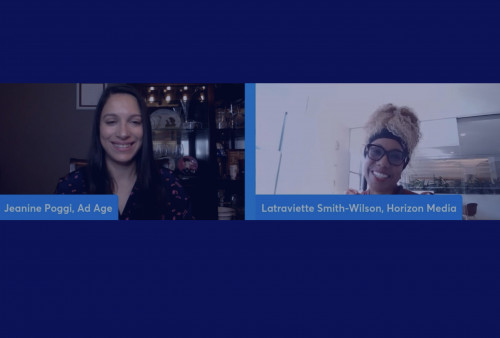How midlife is shifting and what marketers should know.
Connecting with Gen Z and New Pathways to Healthcare with VP Miriam Browning Nance
WHY Group VP Miriam Browning Nance recently joined ARF Pharma Council’s FutureHealth podcast to talk about connecting with Gen Z and new pathways to care. Below are excerpts from the conversation.
Listen to the full episode here: FutureHealth
On the unique healthcare challenges Gen Z faces
The youngest generation of adults is facing greater barriers at every single step along the way. In particular, we saw that finding a trusted provider was a particular struggle, getting time off to go to an appointment — this is a generation that is more likely to be doing gig work or be at the mercy of other people’s schedules. Interacting with a provider is another big struggle — they are 5x as likely to say that this is a challenge that could prevent them from seeking either mental healthcare, preventative care, or urgent care.
This group is twice as likely to be diagnosed with a physical or mental health condition in their lifetime. So this is a group that is very aware of things like mental health issues, they’re very aware of the needs they have for their health, but they’re still having trouble getting in there to be seen and having good interactions with healthcare providers.
On the role of primary care physicians on Gen Z’s path to care
A lot has been made of the other influences on this generation — things like influencers online and social media, etc. — that is not to say that there is not a role and an important voice that primary physicians and other physicians have. When we ask this generation and other generations about their sphere of influence, we found that they’re equally likely as other generations to say that their primary care physician is very influential. It’s just that these other sources come up and are almost as or as influential, so there is just more noise, more voices at play when it comes to this.
How Gen Z uses social media to get health information — from medical professionals to influencers alike
We are, in general, going online more to online communities, to other patients, etc. to get that info. Gen Z is just taking that to a new level. We know that Gen Z are using TikTok as a search engine… they’re going to social platforms, they’re going to online voices for that information. And were seeing that the role of who the expert is on healthcare is blurred a bit. There are these roles that are traditional med experts, but there are also patients that have a lot of experience on their own healthcare journies that are being listened to among those voices.
Gen Zers are often forming communities around a particular health condition, a particular health concern, a particular drug, etc. So they may be seeking out, in some cases, real medical professionals who have those online presences who have become influencers as well, those voices are just joined by patients, and in some cases celebrity influencers.
Many of these online influencers who are healthcare professionals are working in credible hospitals and healthcare facilities. It’s a new sort of press training if you think about it. A doctor would always sort of have to be somewhat careful if they were giving a press interview to be sure number one, privacy issues – you have to keep in mind the policies of the organization. It just takes it to a new level if you are talking to your followers every day or if you may get questions from those followers, obviously there have to be a lot of caveats that this is not supposed to be healthcare advice but it’s just a new place where we need to put those caveats.
Listen to the full episode here: https://www.buzzsprout.com/1927615/15658886-futurehealth-connecting-with-gen-z-new-pathways-to-care




